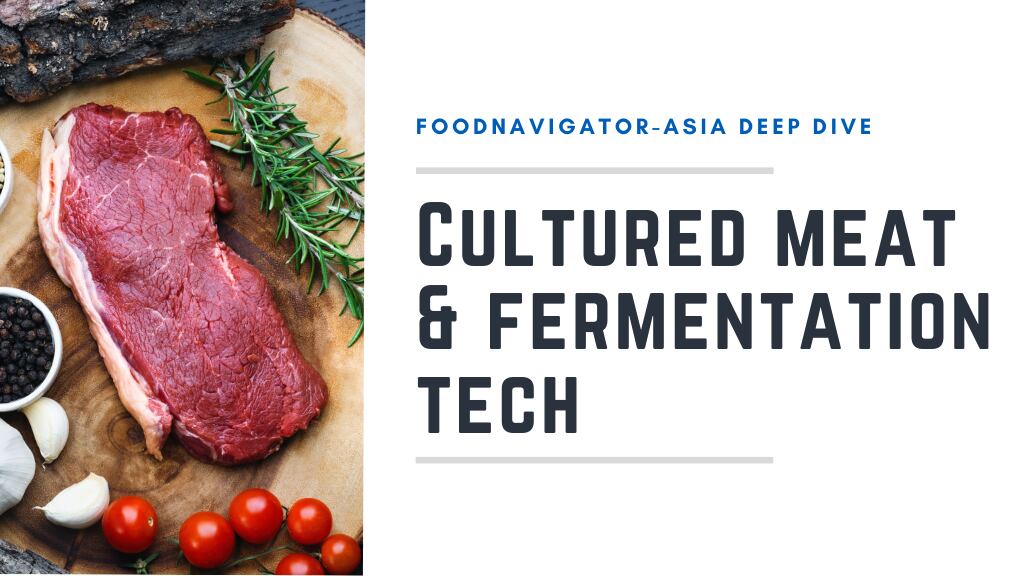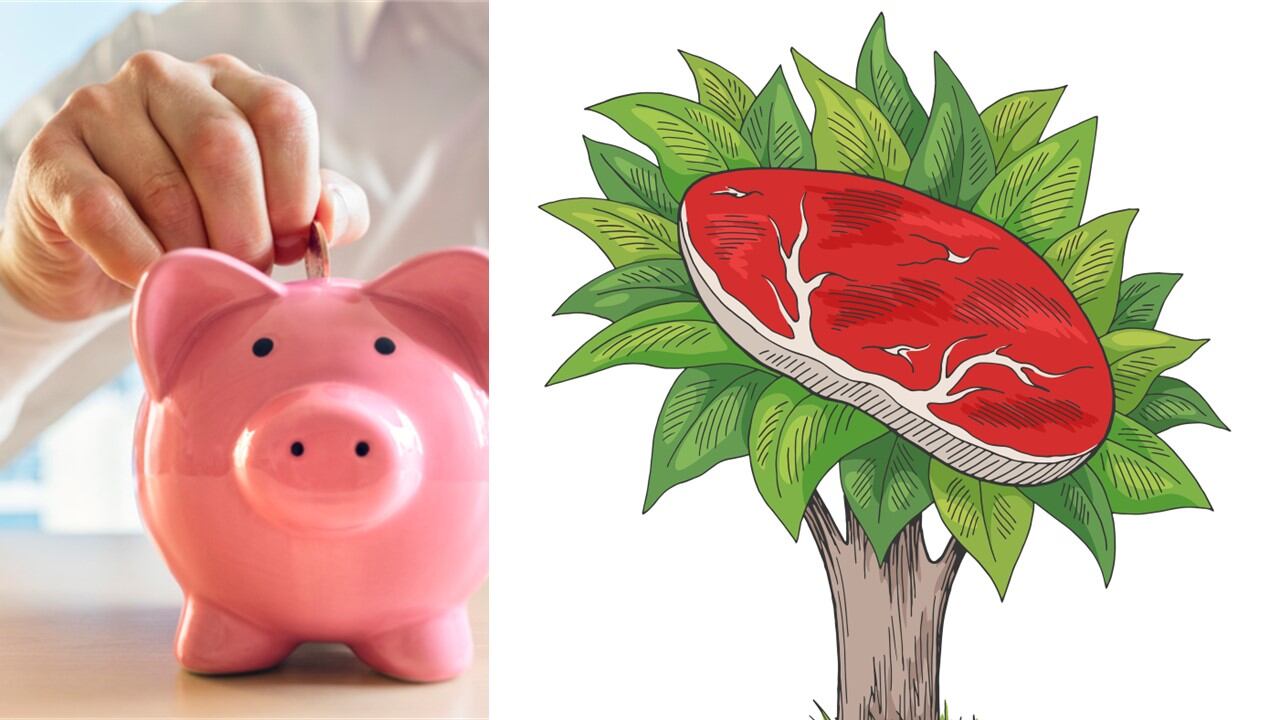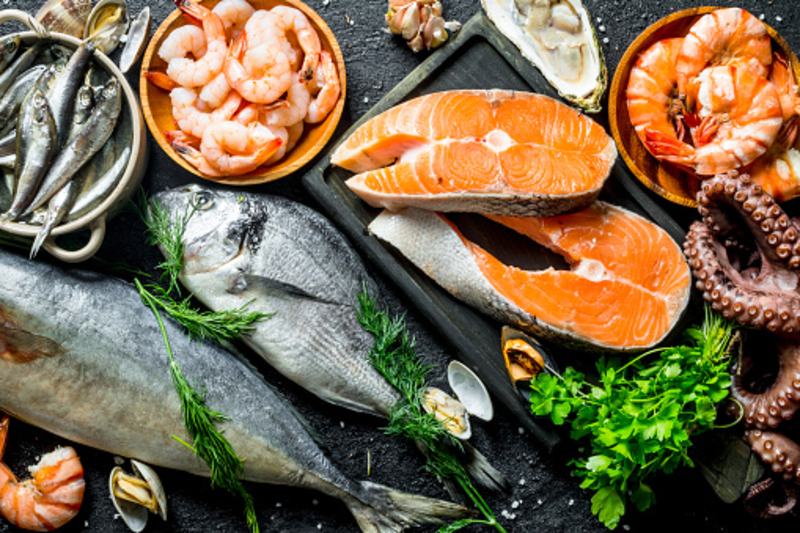In this edition of the FNA Deep Dive, we take a closer look at the up-and-coming industry of novel protein production technologies to make products such as cultivated meat and animal-free dairy, which has drawn significant interest from consumers, regulators and the traditional food and beverage industry alike.
The interest in cultivated meat and fermentation has been particularly obvious from an investment perspective – industry reports have shown that as of 2021, a total of US$1.38bn has already been invested into the cultivated products sector, a sector which as yet has not yet launched any products at a large commercial scale; and a total of US$1.69bn was invested into protein fermentation in the 2020 to 2021 period alone.
This, and reports of interest from large existing food and beverage firms such as Nestle, Thai Union and CP Foods demonstrates that the F&B industry at large believes investing in the potential of this sector is important for them to be future-ready, and the fact is that these investments and the accompanying marketing and branding set to come with these can only drive up sector growth.
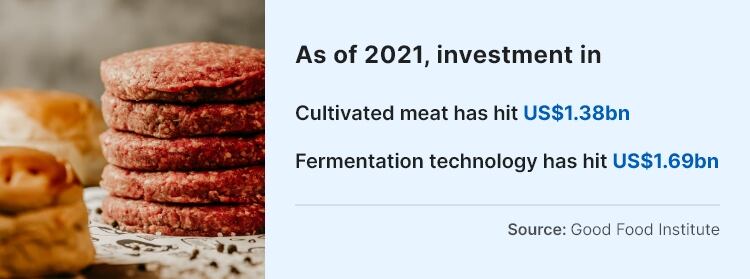
As such, where a few years back the main issue that these novel technologies faced was that of consumer acceptance – where fearful voices coined terms such as ‘lab-grown meat’ and the decidedly more unsavoury ‘Frankenstein meat’, terms the industry has been unable to fully eradicate to this day – today it appears that consumer acceptance has gone up sharply, likely due to curiousity, awareness and also necessity.
“A few years ago misunderstandings were rife, and many consumers thought cultivated technology was related to genetic modification or mutation, when in fact it is nothing like that at all,” cultivated seafood pioneer Avant CEO Carrie Chan told FoodNavigator-Asia.
“Today although there is still a long road to fully educating everyone, there has definitely been a lot of progress in consumer acceptance – this is very clear in big countries in Asia, where consumer acceptance studies have shown that the acceptance rate in China has hit 59.3% and in India 56.3%, both of which are actually higher than markets such as the United States at 29.8% and Spain at 47%.
“One possibility for this is rising awareness as consumers learn more about this [and how it is not in fact what they feared], and also the rising demand for a safer, more stable supply of protein especially after the struggles of the COVID-19 pandemic.”
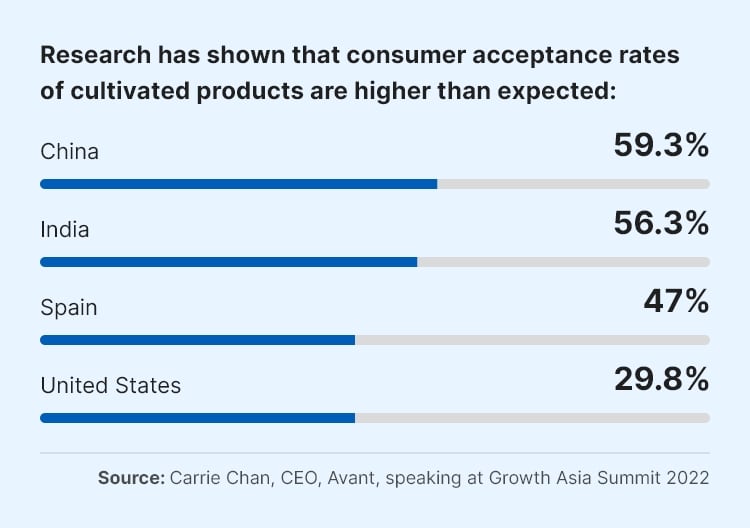
This was concurred by cultivated chicken firm Upside Foods’ COO Amy Chen, who added that the support of younger consumers does seem to also be changing the tide.
“I would say there’s something of an inverse correlation between cultivated meat acceptance and age – it’s more the younger consumers that are really buying into it,” she told us.
“The older generation may still need some convincing, but for younger consumers, they’ve grown up with technology and technology has already been so central in their lives and improving everything for them, so it’s a situation of why not have it improve food as well.
“There is undoubtedly still a long road to educate everyone, and really it is up to the industry now that we have the technology to make these products to also be thoughtful and clear as to how the process of education and information goes – bring transparent and ensuring that everyone feels safe is what is really important at this point.”
Watch the video below to find out more:
That said, according to Eat Just’s GOOD Meat - the world’s first brand to have obtained regulatory approval for commercial sales of its cultivated chicken nuggets – there is in fact no one single factor driving consumer interest in the Asia Pacific region at this point, so in essence there is no shortcut for firms looking to market their products.
“We’ve looked at all the common factors such as sustainability and health and animal ethics, but right now there really isn’t one single strong dominant factor that applies across the board to all consumers,” GOOD Meat Director of Operations Aaron Yeo said.
“Some like it for the animal-free factor, some like it because it’s animal free, some are interested in the cultivated chicken being made via a safe, aseptic production process – but even in the months since we’ve launched here in Singapore there has been no one single factor that appeals to every single person.
“We are seeing that consumer interest is going up and there is less negative associations with things like Frankenstein foods and even tumour burgers and also do see that it is potentially easier to educate consumers and get them on-board, especially when there is a tasty product available for them to eat and try in front of them.

“Being the first globally to make and sell this for consumers has allowed us to move this whole space from science fiction into reality, and have that first mover advantage to really understand consumer reactions, amongst these being that the demand for cultivated meat is exceeding expectations – but it has also made us essentially a target board and sometimes we tend to find ourselves with more questions than answers.”
The fermentation sector - which is currently being led by what is dubbed animal-free dairy - is somewhat luckier in terms of not being nearly as novel a concept as cultivated meat, as it is far easier for consumers to visualize using fermentation to make dairy proteins than a whole slab of meat.
“Fermentation can really be considered the next evolution of alternative proteins, more advanced than plant-based proteins but able to be obtained in a shorter timeframe than cultivated products,” animal-free dairy industry leader Perfect Day Senior Vice President International Alex Brittain told us.
“Plant-based products have of course been around for some time and managed to convert some consumers – but I think it is safe to say that not as many as are needed have been converted yet, and that could be due to mouthfeel or taste reasons that non-dairy products just cannot provide – but dairy proteins made via fermentation are still dairy, so are able to provide those experiences.
“We have already launched our first animal-free dairy ice cream brand Coolhaus in the US, Singapore and Hong Kong, and are looking to enter even more markets across the APAC region over the next 12 to 18 months.

“Here in APAC, definitely taste is king and the health and wellness messaging also resonates very well with consumers, so the messaging that the proteins are made to avoid allergens like lactose or hormones and the like are good ways of reaching consumers.”
Scalability challenge to price parity
Although it has already launched an ice cream range with several flavours, Perfect Day acknowledges that it is not yet at price parity, although it hopes this will change as the business scales up.
“We are well aware that if the price is too high, no consumers will adopt the products, and that we need to remove that barrier to adoption,” said Brittain.
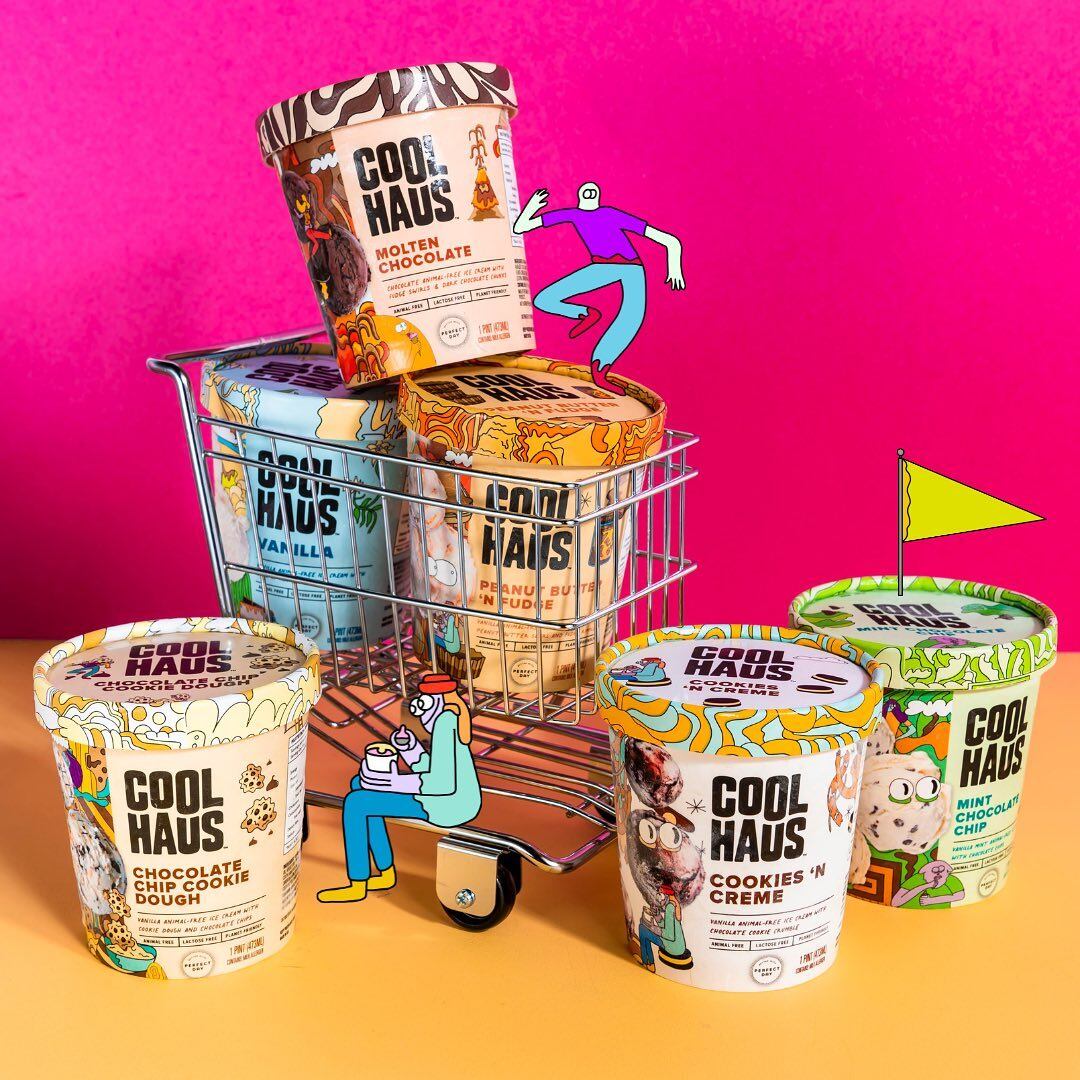
“We have to look at things like protein content and the production process, and we are definitely in this for the long-term game so over the next few years we will be looking at maximizing efficiencies whilst working on scales so as to get to or below price parity and offer consumers even better value.
“As a sector though, we have seen promising reports that overall price parity for fermentation-based products will be reached over the next two to three years.”
For GOOD Meat, its cultivated chicken nuggets are sold via foodservice and not in retail stores, and even at this point with the regulatory approval the firm has still not yet reached price parity – and Yeo says this will still take some time to reach.
“It’s all about scalability – the traditional meat sector has been around for so long that it has that scale which can bring down the costs, and for us we are only able to compete at a premium level with them at this point because of that,” he said.
“We do want to scale up to reach that large scale in order to bring costs down, and there are several ways to approach this, one of which is tweaking the media for cell growth which will significantly bring costs down.”
Chen agreed that product pricing is going to be key to bringing more consumers on board, as the vast majority of APAC consumers are unlikely to be in a position to eat premium on a regular basis.
“Definitely we feel that it is crucial to reach price parity to make an impact as to reach more people we need to hit not only the taste factor but also the cost factor,” she said.
“That said, at this point without the regulations in place for us to go commercial and scale up, when we do launch it will have to be at a premium price first, maybe around the organic or free-range chicken area.
“However since the beginning our costs have now come down by thousands of times, and it should also be noted that global supply chain and other issues are making conventional meat prices go up – so as we go down and they go up, price parity should come much faster at this rate.”
Regulatory progress in Asia
Singapore remains the one market in the world to have granted regulatory approval to a cultivated meat product – but even here, till date from the initial approval in December 2020, no other cultivated meat brands have achieved the same regulatory success that GOOD Meat has.

“We are hopeful that the same approval can be granted for cultivated shrimp in Singapore next year,” Shiok Meats Co-Founder and CEO Sandhya Sriram told us.
“We have hit a US$50 per kg milestone in terms of price at the R&D scale and are hoping to scale up with the help of our mini-plant in Singapore, and then launch commercially by the end of 2023.”
Regular medium-sized shrimp in Singapore currently stands at around US$15 per kg, but although Shiok’s cultivated shrimp is still a ways from price parity, it is certainly a lot lower than the US$10,000 to US$15,000 it started off with several years back.
Outside of Singapore, one market that many cultivated meat companies currently have their eye on is China due to the large populations size as well as immense meat consumption. With the country having recently announced alternative proteins and mentioning cultivated meat in particular as part of its five-year growth plan, the possibility that regulatory pathways there will soon be shortened has excited many industry players.

“China has seen an increase in protein consumption across all protein categories from meat to seafood to eggs to dairy, and we know that current traditional protein sources are not going to be enough soon,” China-based AgFood Future Centre of Excellence Chairman Ryan Xue told us.
“Meat consumption in particular has been on the rise for the past decade with pork leading the pack.
“Chinese consumers are mostly aware of alternative proteins, with about 95% of them knowing this exists, but impressions are currently still mixed about half-half, although we do know that any cultivated meat brand that wants to attract Chinese consumers must have a healthy product concept as that is what matters most to them.
“The government is also very supportive of this sector because of the food security aspect, where China imports a lot of beans as animal feed, and would like to reduce its reliance on these outside protein sources for food supply and security reasons.
“President Xi Jinping has already highlighted the sector and its importance in this regard, and this means a specific directive for the government to speed things up and public sectors to invest more in this area, which would truly be a gamechanger for the whole industry.”
Big brands role
Many firms in the novel protein production sector have seen healthy investment amounts come in, but in terms of truly converting consumers in mass volumes, the belief remains that big brand involvement is crucial, and many cultivated and fermentation firms have partnered with conventional F&B companies to get this involvement.
Perfect Day for example has partnered with big names such as Mars Wrigley, Nestle and General Mills to make various animal-free dairy products, and believes that this multinational leverage is what will accelerate the industry towards mainstream consumption.
“Definitely we made the Coolhaus brand and it has generated lots of excitement for being the first commercialised animal-free dairy brand, but having a good brand alone is not enough,” said Brittain.
“There is still a lot of heavy lifting needed when it comes to reaching consumers and educating them, and for this we know that such partnerships are very important.”
The cultivated meat sector is seeing even more interest from big brands, such as multinational food firm CP Foods’ announcement of a partnership with cultivated meat start-up Future Meat Technologies earlier this year.
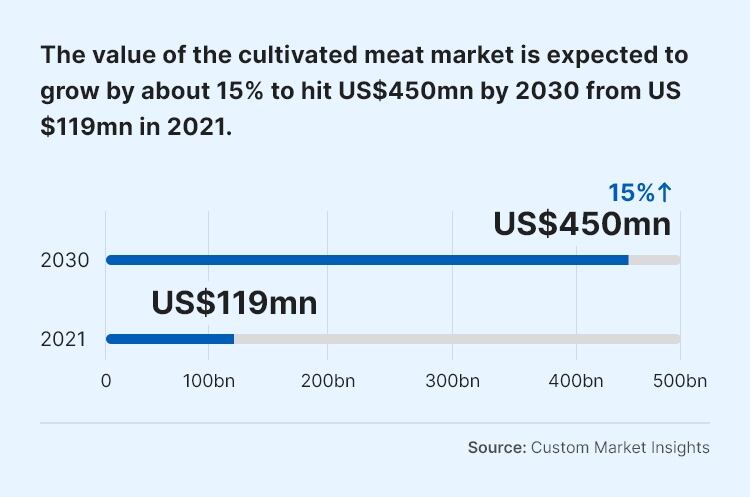
“Cultivated meat is [an] exciting technology, having the same sustainability and animal welfare proposition as plant-based meat [but also able to] offer new properties to satisfy future consumer needs,” CP Foods CEO Prasit Boondoungprasert said.
“[Plant-based meat has already been well-received in Thailand and Asia], but cultivated meat will also be a key part of our ambition to be one of the leading alternative protein companies [in] Asia and the world, [hence] we are pleased to be working with one of the technology leaders in this field to combine our expertise and deliver exceptional products for the Asian markets.”
However, all the marketing and branding in the world will do no good if the products do not appeal to consumers, and to achieve this Chan emphasized that there needs to be a combination of several factors as opposed to an if/or situation.
“Asian consumers are well-known for having picky palates, but there are actually several main consumer drivers to meet to really win them over,” she said.
“Producers will need to hit that right combination of the right pricing point, the right level of accessibility and taste, as well as sufficient assurance of food safety, particularly during these times – only then will the industry [really see all-rounded] success.”


